DHAKA, June 23 (V7N)– The High Court of Bangladesh today issued an order directing Dhaka's North and South City Corporations to immediately take appropriate and necessary measures to control mosquitoes across all areas of the capital. The directive comes amid growing public health concerns over mosquito-borne diseases, including dengue, chikungunya, and malaria.
Justices Md. Habibul Gani and Sk. Tahsin Ali passed the order along with a rule nisi on Monday, following an initial hearing of a writ petition filed by Supreme Court lawyer Md. Salequzzaman Sagar last month. The petition sought specific directions for effective mosquito control in areas affected by these diseases.
The Chief Executive Officers of both city corporations have been mandated to submit a report to the court within the next two months, detailing the measures taken in response to the order.
The High Court's rule also questions why the inaction or failure of the authorities to control mosquito-borne diseases like chikungunya, dengue, and malaria in Dhaka should not be declared as beyond legal authority. Furthermore, it asks why immediate and necessary measures should not be ordered for all affected areas of Dhaka to control mosquitoes.
Respondents, including the local government secretary, the chief executive officers of Dhaka's two city corporations, and the Director General of the Directorate General of Health Services (DGHS), have been given four weeks to respond to the rule.
The ruling comes as Dhaka faces a concerning prevalence of mosquito-borne illnesses. Recent reports indicate a resurgence of chikungunya in Dhaka, with 337 suspected cases reported between January and May this year, of which 153 were confirmed. While dengue cases saw a surge outside Dhaka earlier in 2025, the capital has also recorded cases, with 1,271 cases reported within Dhaka city as of May 25, 2025. Malaria, while largely concentrated in specific endemic areas outside Dhaka, remains a concern, with efforts ongoing for national elimination by 2030. The court's intervention highlights the urgency perceived by the judiciary regarding public health in the bustling capital.
END/MSS/RH/



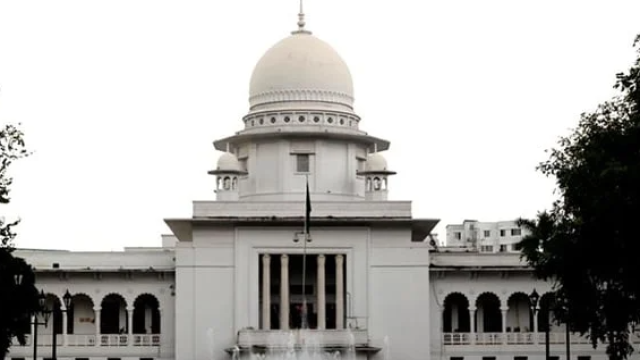
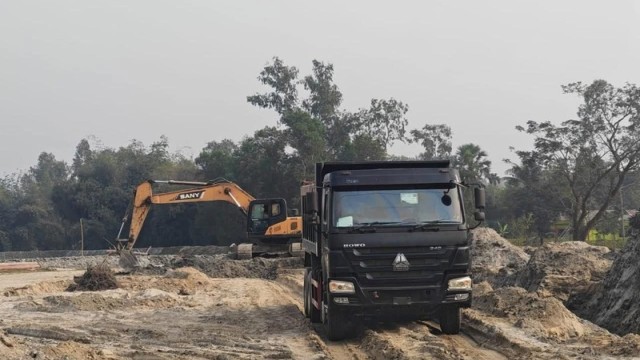
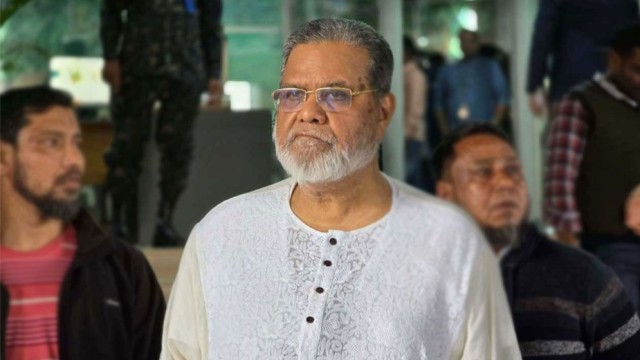
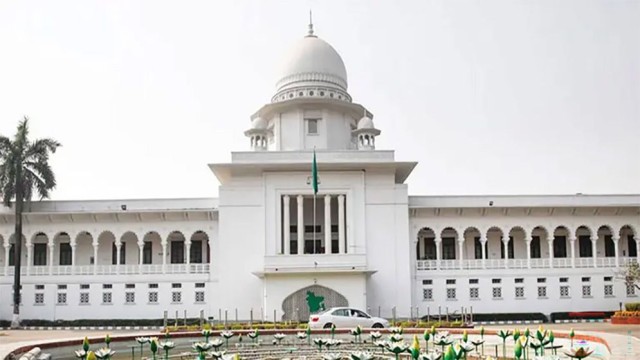

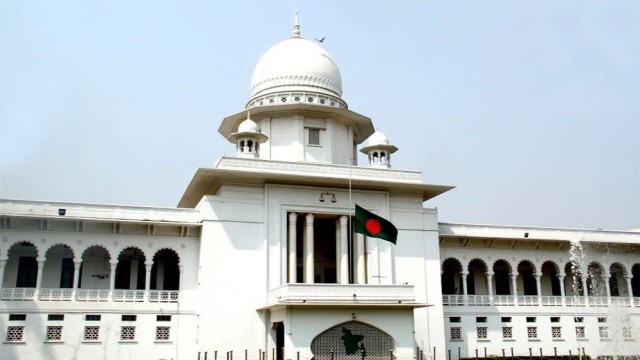

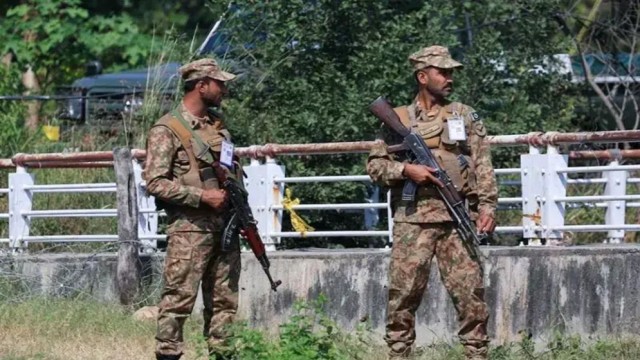




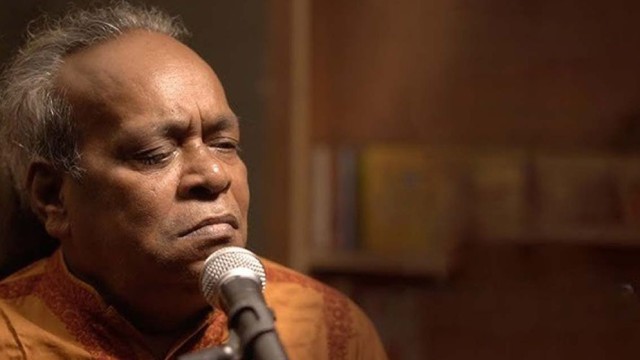
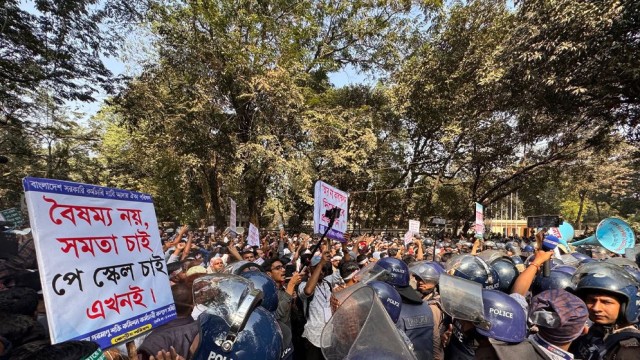














Comment: